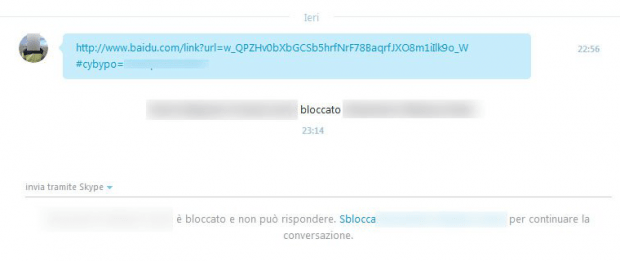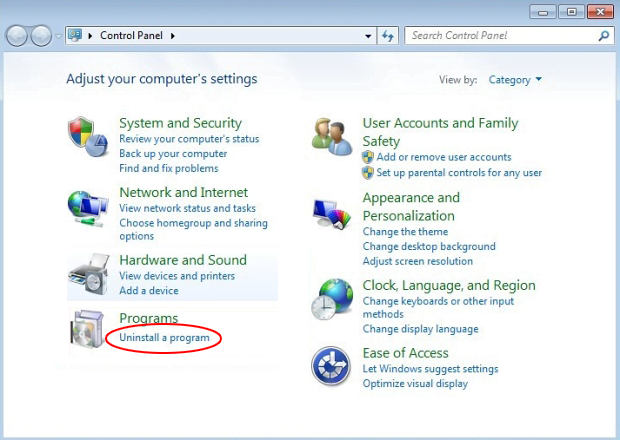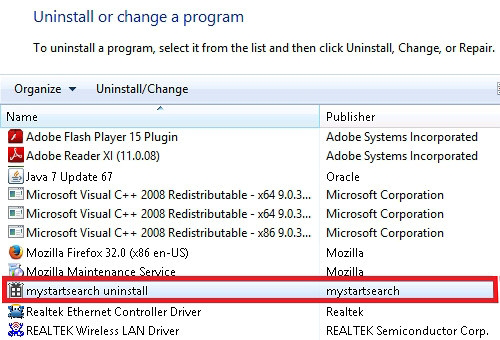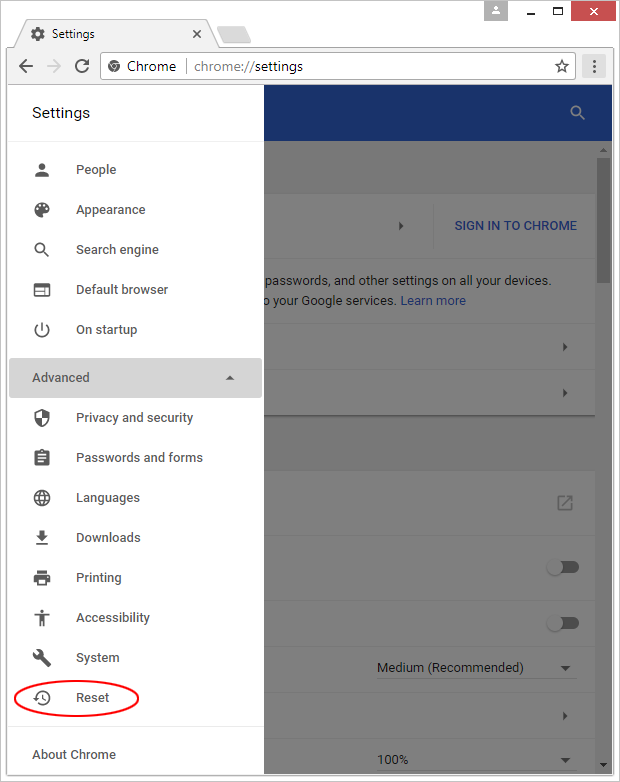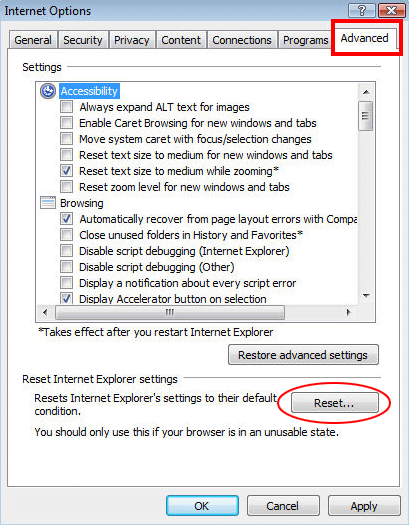Baidu link Skype virus removal: stop Baidu.com links scam in Skype

Popular applications have always been cybercriminals’ favorite targets. The fact that a huge number of people worldwide opt for using Skype as their online communication medium couldn’t possibly stay beyond threat actors’ focus. There have been numerous incidents in the past where Skype accounts got spammed with rogue links, and this trend is on the rise these days. A recent campaign of that sort revolves around messages with unsafe links to baidu.com in them.
The present-day malvertising assumes a variety of forms. Some of these hoaxes engage adware that hijacks web browser settings and reroutes victims’ traffic to ad-supported landing pages. Another type relies on infections that add an extra virtual layer to web pages in order to inject sponsored information directly into visited sites. The abuse of Skype connections poses a standalone vector. This technique leverages malicious code to send potentially harmful links to one’s Skype contacts without the customer’s authorization. These links contain a static www.baidu.com/link?url= part followed by a variable, long string of characters and numbers. The affected user’s Skype username will be appended at the very end of this URL.
Baidu is a large Internet services company based in China. It delivers web search features and various multimedia content to millions of users, so there is nothing clearly malicious about it. However, black hat hackers may exploit this platform to deploy large-scale ad campaigns. In the case of the associated Skype fraud, victims receive baidu.com links that, when clicked, redirect the traffic to other pages. Furthermore, users typically don’t impugn the legitimacy of these messages, simply because they appear to be sent by people they know. Ultimately, though, both the senders and the recipients are most likely infected with the Baidu Skype virus that interferes with the messaging platform to generate this unguided correspondence.
The sites that the contaminated users are thus forced to repeatedly visit via Baidu include 2016forbesnews-a.net, coolvipdiet.com, and coolinfovip.com. These are clones that display the exact same content, namely the advertisements of what’s called InteliGEN, which is marketed as advanced brain formula pills. The fishy-looking pages even contain references to some statements allegedly made by Stephen Hawking in a recent interview. At the end of the day, the ne’er-do-wells behind the Baidu Skype virus are just trying to boost page views and perhaps get some gullible people purchasing the “miracle” drugs.
If you discover that unsolicited Baidu.com messages are being sent from your Skype account to your contacts, or in case you have been receiving ones from your contacts – the first thing to do is change your Skype password and recommend your friends to do the same. This has reportedly helped some users get rid of the problem, but many others still encounter the malicious activity. It’s therefore also recommended to run a computer scan with a trustworthy antimalware suite and eliminate all the detected entries. Furthermore, it’s likely that the Baidu Skype virus has also infected the web browsers installed on your computer, so be sure to check and troubleshoot the browsing environment as well.
Table of Contents
Baidu Skype adware automatic removal
The extermination of Baidu Skype scam can be efficiently accomplished with reliable security software. Sticking to the automatic cleanup technique ensures that all components of the infection get thoroughly wiped out from your system.
1. Download recommended security utility and get your PC checked for malicious objects by selecting the Start Computer Scan option
2. The scan will come up with a list of detected items. Click Fix Threats to get the adware removed from your system. Completing this phase of the cleanup process is most likely to lead to complete eradication of the infection. However, it might be a good idea to consider ascertaining the adware is gone for good.
Remove Baidu Skype adware using Control Panel
- Open Control Panel. On Windows XP / Windows 8, go to Add or Remove Programs. If your OS is Windows Vista / Windows 7 / Windows 10, choose Uninstall a program

- Look down the list and locate an app that appears fishy. Click the Uninstall/Change (Change/Remove) option to get the intruder removed if spotted

Baidu Skype adware removal by resetting the affected browser
Please take into consideration that as effective as it is, the procedure of restoring browser defaults will lead to the loss of personalized settings such as saved passwords, bookmarks, browsing history, cookies, etc. In case you are not certain this outcome is suitable despite its obvious efficiency, it’s advised to follow the automatic removal method described in one of the previous sections of this tutorial.
Reset Google Chrome
- Click on the Chrome menu icon and select Settings

- Locate the Advanced option under Settings and click on it to expand the menu. Then, pick the Reset button at the bottom

- When a new screen appears, hit Reset once again

- Chrome will now display a confirmation dialog box listing the types of data that will be lost if you proceed. Read the message carefully and, if you’re sure, click Reset

Reset Mozilla Firefox
- Click on Help menu and select Troubleshooting Information from the drop-down list, or type about:support in the URL field

- On the Troubleshooting Information screen, click Refresh Firefox option and confirm the procedure on another dialog

Reset Internet Explorer
- In IE, go to Tools and select Internet Options from the list

- Hit the Advanced tab and click on the Reset option

- IE will now display Reset Internet Explorer Settings box, where you should put a checkmark next to Delete personal settings option and click Reset at the bottom

Verify whether Baidu Skype adware has been completely removed
For certainty’s sake, it’s advised to repeatedly run a scan with the automatic security software in order to make sure no harmful remnants of this scam are left inside Windows Registry and other operating system locations.
Posted in: KnowledgeBase
Leave a Comment (0) ↓
